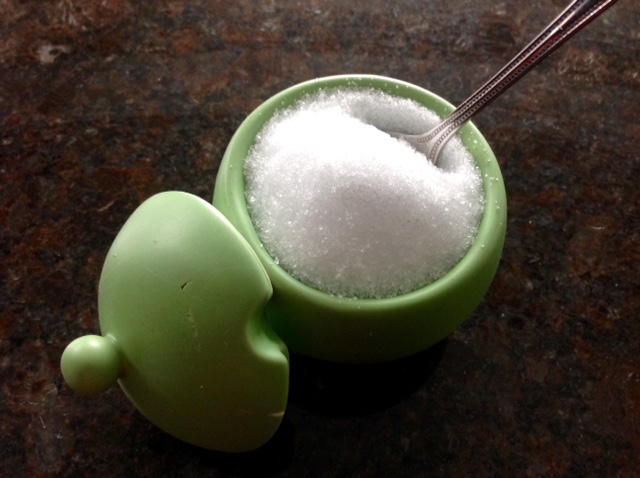
Xylitol is known as the "tooth-friendly" sweetener but how could a sweetener be good for our teeth? Let's have a look at xylitol to see what it's all about.
What is xylitol?:

Xylitol is a sweetening agent that is processed from xylan, extracted from birch trees. Low concentrations of xylitol are found naturally occurring in many fibrous fruits and vegetables. Sugar (sucrose) is present in many foods and beverages as an added ingredient which can cause tooth decay. The bacteria in dental plaque easily convert sugar into acids that could harm the teeth. The difference with xylitol is that it cannot be converted by bacteria in the mouth, so it does not cause any acid production. This is why xylitol is used to sweeten some chewing gums, sugar free candies, toothpastes, other products and is available in bulk form too.
Examples of xylitol products:
- Spry gum
- X-PUR gum. mints, Remin and Cari0 toothpastes
- X-PUR XyliMelts
- Mouth Kote Dry Mouth Spray
- PUR gum and mints
- Bulk form
Benefits:
- can help prevent cavities by repairing or remineralizing softened tooth enamel
- is less likely to cause cavitites than sugar (sucrose)
- the sweet taste of xylitol gets the saliva flowing which combats dry mouth and buffers cavity-causing mouth acids
- fewer calories than sugar by approximately 40%
- looks, tastes and has close to the same sweetness as sugar
- no aftertaste
- low carbohydrate - better choice for diabetics due to low glycemic index which doesn't cause the blood sugar to rise
- non toxic, well-tolerated in humans if used as directed (abdominal discomfort or a mild laxative effect is possible if excessive amounts are consumed)
- safe for all ages
- safe for pregnant women
- can be used in a recipe that calls for sugar by replacing it 1:1
- classified as a Natural Health Product (NHP) by Health Canada
Oral Science || XyliMelts: How to Use
Please note: Xylitol is not safe for consumption by pets.
https://odha.on.ca/wp-content/uploads/2016/08/ODHA-Facts-Xylitol-copyright.pdf

